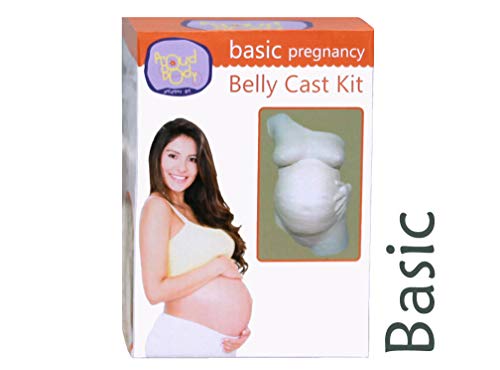lastpatriot
Junior Member
- Joined
- Aug 3, 2010
- Messages
- 13
- Reaction score
- 0
Sorry if I'm posting this in the wrong section, (the message boards are a little confusing to me (old fart (youngster @ 50)))
Here goes, is coarse thread stronger for pull out (tension not shear) than fine thread. (in soft metals such as alum.)
I tend to think that coarse thead (female) is the way to go in soft base materials.
I'm not worried about the screw, I'm wondering about the receiver material.
(I realize if I'm worried about it loosing up use fine thread)
Here goes, is coarse thread stronger for pull out (tension not shear) than fine thread. (in soft metals such as alum.)
I tend to think that coarse thead (female) is the way to go in soft base materials.
I'm not worried about the screw, I'm wondering about the receiver material.
(I realize if I'm worried about it loosing up use fine thread)































































